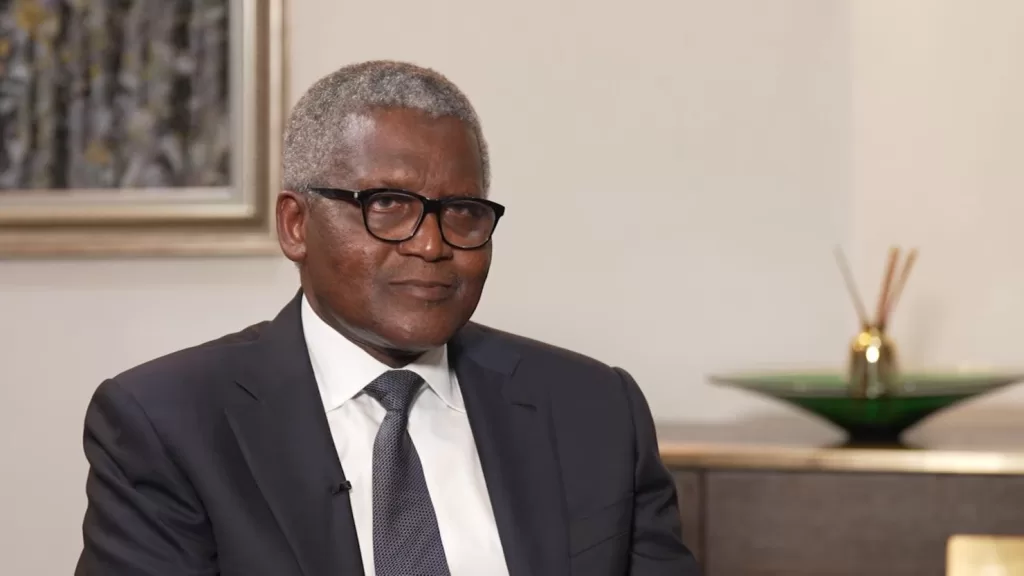
WE IMPORTED 150,000 CONTAINERS THROUGH LOME PORT FOR OUR REFINERY— DANGOTE
The President of Dangote Group, Alhaji Aliko Dangote has revealed that the construction of Africa’s largest oil refinery required the importation of 150,000 containers, with the majority routed through the Port in Lome, Togo.
Dangote said this unprecedented logistics effort underscores the scale and complexity of building the 650,000 barrels-per-day Dangote Refinery and highlights the numerous infrastructure and regulatory challenges faced during the project’s execution.
Speaking at the Global Commodity Insights Conference on the West African Refined Fuel Market on Tuesday in Abuja, Dangote outlined how existing port capacity in Nigeria was insufficient for the project’s needs.
“We built not only the refinery, but also a seaport, because the existing port capacities in Nigeria couldn’t handle over 60 per cent of our equipment.
“You can also imagine that we brought in 150,000 containers—a majority of them we had to go through Lome, loading and bringing them in,” Dangote explained.
He noted that transporting such vast quantities of materials was just one of the significant technical obstacles confronting the refinery.
The site, spanning more than 2,700 hectares—70 per cent of which was originally swamp land—required raising and sand-filling to ensure stability.
Construction of the facility also included installation of millions of meters of piping and cabling, and the refinery was built to process volumes and weights previously unseen on the continent.
Dangote also emphasised technical complexities, ranging from importing heavy equipment (including a single component weighing 3,000 tons) to combating equipment failures and delays caused by the COVID-19 pandemic.
He added that over 67,000 workers from hundreds of nationalities were involved at the peak of constructing the refinery.
On the commercial side, Dangote recounted difficulties in securing crude oil for the refinery, saying that local suppliers often favoured exports.
This shortfall in local supply forced the company to rely on international crude oil imports from the United States, Brazil, Angola, Algeria, and other countries, further compounding operating costs in the face of fluctuating exchange rates.
He also criticised high domestic port and regulatory charges, which he said were significantly higher than those paid by foreign competitors operating just across the region.
The fragmented regulatory environment in Africa, with each country enforcing different fuel specifications, continues to hinder regional trade in refined products, he also noted.
Dangote warned that the uncoordinated standards and unfair competition—especially dumping of cheap, sometimes substandard, imported petroleum products—pose threats to the viability of local refining on the continent.
He therefore called for greater government intervention to protect emerging local industries.
Despite these obstacles, Dangote said the refinery’s ongoing ramp-up has already begun to shake up regional fuel markets, with recent exports to West African countries and plans to further expand sourcing and distribution networks.
Calling for policy alignment and stronger political will across Africa, Dangote stressed, “Without political support, there is no way for any new large refinery to be built in our lifetime.”
The challenges faced by his refinery, he suggested, are emblematic of the wider struggles amid vast potential of Africa’s industrial ambitions.
 Premium News
Premium News